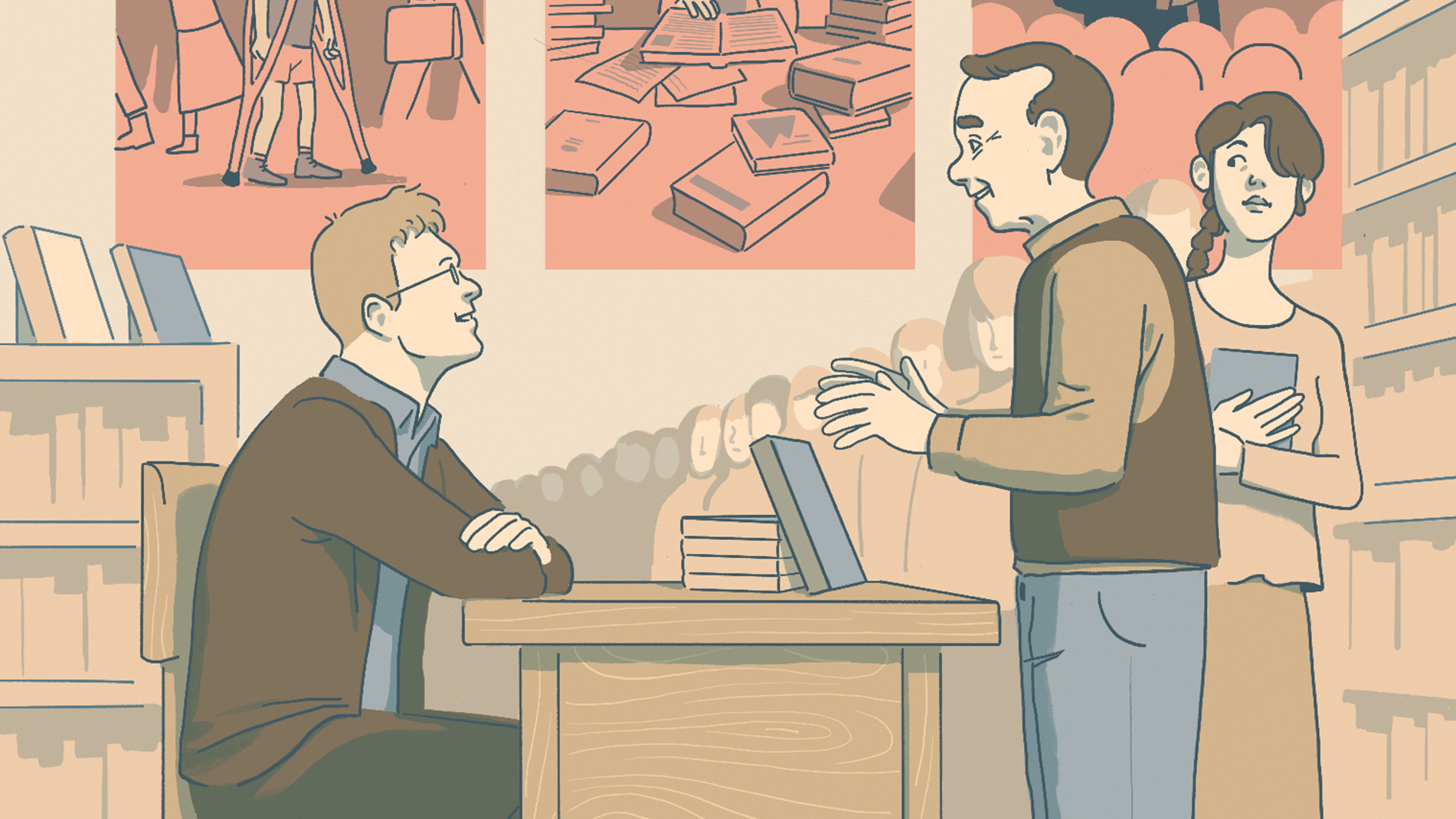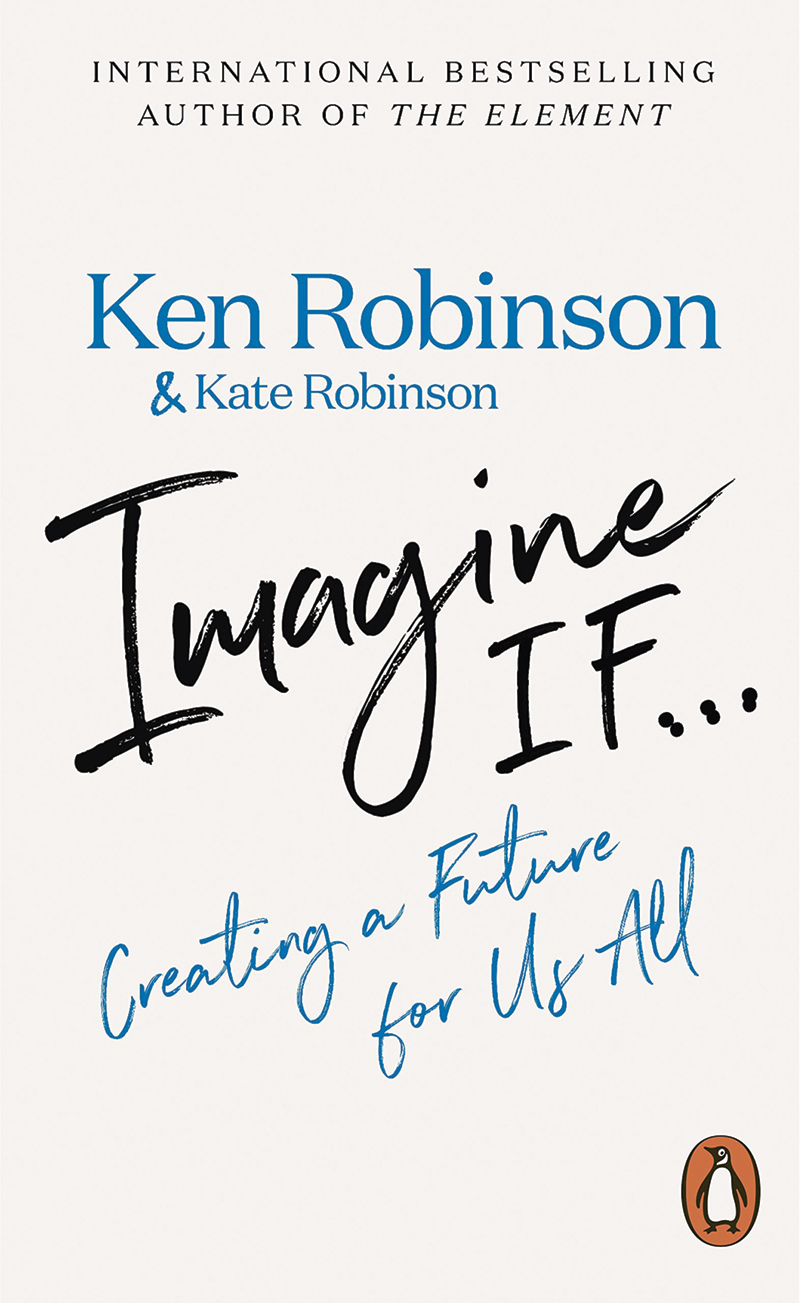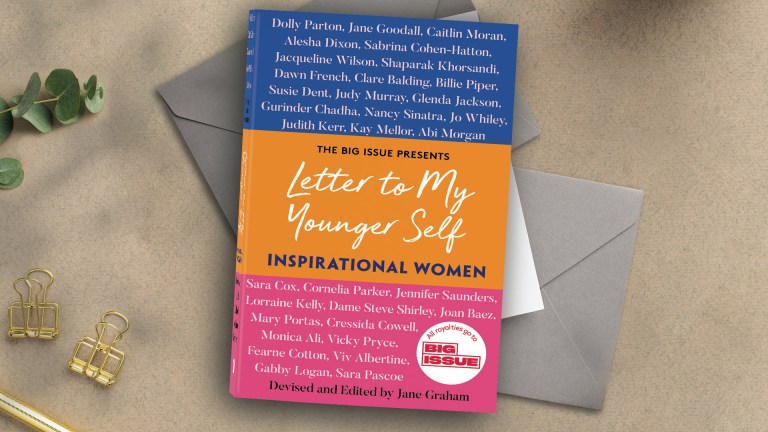Some people come into the world and make it a better place. My father was one of those people. Born into a working-class family in 1950s Liverpool, Dad’s journey through life was unlikely. One of seven children, he was the only member of his family to contract polio. He was four years old at the time and was left with a permanent disability. A few years later his father, the primary earner of the family, sustained an injury working on the Liverpool docks that left him quadriplegic and bedridden for 19 years. In short, the odds of Dad achieving much were low. And yet he went on to change the lives of millions of people and to inspire countless more.
My father was Sir Ken Robinson. He is perhaps best known for his 2006 TED Talk “Do Schools Kill Creativity?” which, at the time of writing, has been seen 72 million times.
The TED Talk was a milestone in his career, but it was not the whole of it. For 50 years he advocated for systemic changes to the ways in which we view creativity and intelligence. In particular, his work shone a spotlight on the deeply rooted issues across our systems of education which, he pointed out, were created for a long-gone era and are no longer fit for purpose (if they ever were). He argued that traditional systems of education prioritise a very small set of skills (such as academic thinking and fact recall) over all others (such as creative thinking and collaboration), and as a result far too many people leave school with no idea of who they are or what they are truly capable of. This outcome has disastrous effects both on individuals, who struggle to find their feet in the world as a result, and on societies as a whole, as unemployment levels rise along with rates of anxiety, depression and suicide.
Contrary to popular belief, education systems are not successful because of test results or data points, they are successful when individuals are recognised and students are fulfilled. This happens when we create the conditions for school ecosystems to thrive, when we invigorate the living culture of schools. Dad knew, as all great educators do, that learning happens when students are engaged in the process.
Across his career he highlighted many tried and tested routes for creating these conditions, which we pulled together for his manifesto, IMAGINE IF…
At its core his work was a deep appreciation of human potential, he believed in people. He had a unique skill of seeing what was special in everyone he met – whether a doorman or a CEO, a taxi driver or a surgeon, he was eternally curious about the lives they had lived. This made keeping to schedule at book signings and other public events practically impossible, but it was beautiful to watch. In a world where people are constantly looking over your shoulder to see who might walk in next, this trait was remarkable.










